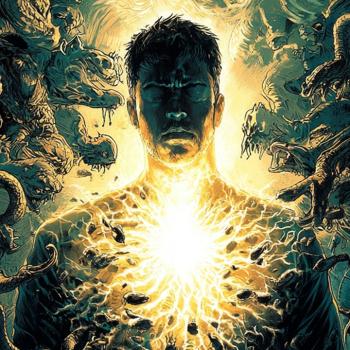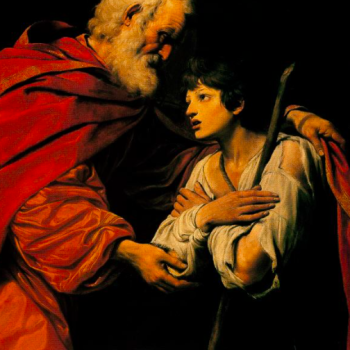Student-Teacher Relationship
Chana, my wife, has a teacher whom she very much admires. She likes to consult with her from time to time and talk things out with her in general. However, she is not the only one who has this feeling. This teacher is actually very popular and sought after, which makes her very busy and difficult to access. And to try and grab a conversation with this teacher in her zone (i.e., after a class) can lead you into a brawl. So, instead of trying to meet the teacher in her set zone where there are many obstacles, my wife tries to catch her in the street, offer her rides, or take rides with her to wherever she is going.
The Tisha B'Av Experience
Similar is the picture of the exiles and destructions of Jewish sites painted by the Tisha b'Av experience. While, of course these are troubling times that we certainly don't yearn for, there is an opportunity present in this time of homelessness for God. It is now that God can be found in the streets! Now it is easier than ever to grab Him for a conversation and speak to him as much as your heart desires!
So the process is three-fold. By first shutting our eyes to the initial perception of troubles, we free ourselves to meditate on the knowledge that the ultimate story being told is one of advancing God awareness in a world where all the nations point to our situation and ask, "Where is this God of yours?" With this in mind we can finally look back at the enclothment of Tisha b'Av's exile and destruction to find the practical application of our initial perception—that now more than ever we can grab God for private conversation.
On Tisha b'Av, as in most cases in Judaism, there is a duality going on: We are to experience the sadness of Tisha b'Av, yet also realize the unique opportunity it brings us. As the saying goes, out of the darkest darkness comes the brightest light. We are to experience the darkness with the whole of the Jewish people, yet as individuals bring out light from the experience.
Eye Surgery
On a deeper level, this is a time for fixing the eyes, for fixing sight.
The verse in Tehillim (Psalms) states, "This was from God; it is a wonder in our eyes."
Having learned the concepts of seeing and hearing, we can understand this verse on a more profound level—that these times are a wonder in our eyes means that they are difficult at the level of perception and that they call for a temporary closing of the conceptual eyes and opening of the conceptual ears.
Additionally, a verse in Eichah (Lamentations), read Tisha B'Av night, states, "My eye, my eye drips down water." The Arizal, the foremost of the Kabbalists of the last 500 years, expounds that every month corresponds to a different part of the face. The Jewish months we presently find ourselves in—Tamuz and Av—correspond to the right eye and left eye respectively, and that these verses refer to the sadness and the pain of these times specifically.
But in redemption, Yeshaya (Isaiah) proclaims, "Lift up your eyes [and look] around."
When a person is crying, everything is foggy. You can't see anything but what's right there in front of your face; you can't see the peripheral. But in the times of redemption, these times of sadness will be turned into times of joy. In times of redemption, there will no longer be this discrepancy between what is seen and what is heard. In the times of redemption, not only will we know God due to our deeper understanding, but we will experience God even on the surface.
May it be soon!





